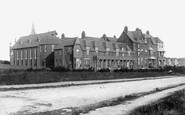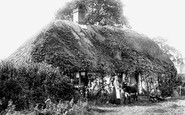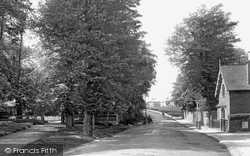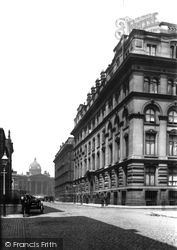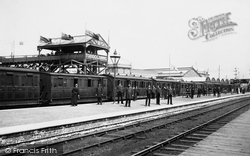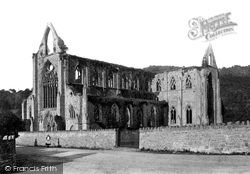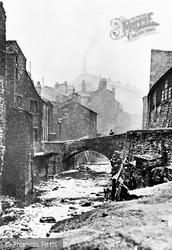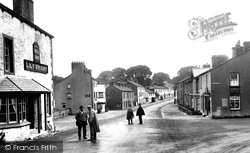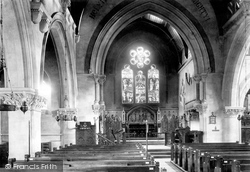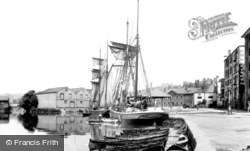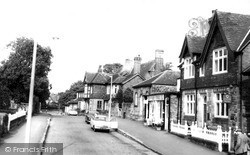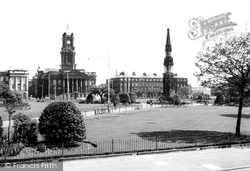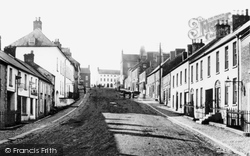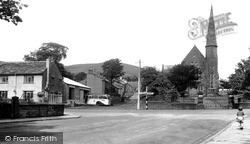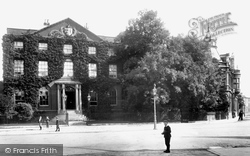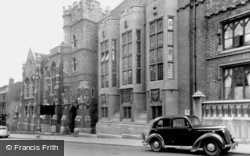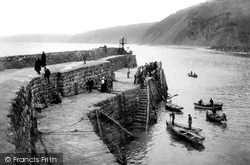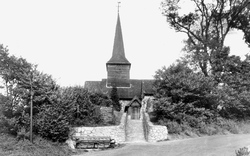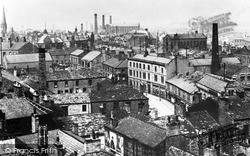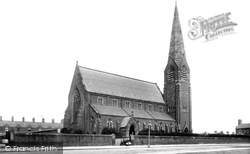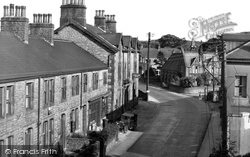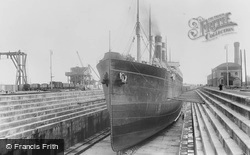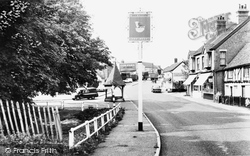Merry Christmas & Happy New Year!
Christmas Deliveries: If you placed an order on or before midday on Friday 19th December for Christmas delivery it was despatched before the Royal Mail or Parcel Force deadline and therefore should be received in time for Christmas. Orders placed after midday on Friday 19th December will be delivered in the New Year.
Please Note: Our offices and factory are now closed until Monday 5th January when we will be pleased to deal with any queries that have arisen during the holiday period.
During the holiday our Gift Cards may still be ordered for any last minute orders and will be sent automatically by email direct to your recipient - see here: Gift Cards
Places
4 places found.
Those places high-lighted have photos. All locations may have maps, books and memories.
Photos
2 photos found. Showing results 681 to 2.
Maps
65 maps found.
Books
Sorry, no books were found that related to your search.
Memories
4,591 memories found. Showing results 341 to 350.
A Life In Consett
I was born in Consett in 1951 and spent all of my life here, I can remember lots of things mentioned in previous letters especially the Rex, I spent lots of Saturday mornings there, also Rossi's and Dyambro's on Saturday ...Read more
A memory of Consett in 1951 by
Jtbells
This is the year I started on the building sites in 1963, I got a job on J. T. Bell's site in Whickam, the site hadn't been running long then as it was in the first stage. All the lads were mainly from Newburn, Lemington, and Throckley. If ...Read more
A memory of Newburn in 1963 by
The Back House
I was born in Sedgefield and lived in North Bitchburn until I was 7 years old, me and my twin sister Elizabeth and my mam amd dad who worked at the pipe yard. We lived in no 1a Constantine Terrace, it was the back half of ...Read more
A memory of North Bitchburn by
Why Was I Here?
I remember being sent to St Mary's Home when I was about 7 years old, I was taken by train, I can't remember by who, I was sent there because I was a sickly child, all due to not having enough food to eat at home, where things ...Read more
A memory of Broadstairs in 1953
Distant Memories
I had returned to UK from Queensland to visit my mother who was ill and waiting at the platform entrance at Waterloo station when a former colleague from Post Office Overseas Telegraph came up to me and we began a ...Read more
A memory of Frimley Green in 1978 by
The River
The River Avon dominated most of the kids' lives in the village! I remember swimming 'down the mill' and at Gunville where my Great Grandmother (Sarah Marks) lived. We used to scrounge used inner tyre tubes from Mr Stansfield (who ...Read more
A memory of Figheldean in 1957 by
Childhood In The 1950s In Caerau
I was born at 87 Victoria Street in 1945. My father was a miner and worked all his life in Caerau colliery. My mother came from London with her brothers and sisters, they were evacuated to Caerau after their house ...Read more
A memory of Caerau in 1953 by
18 Happy Years
We moved into Avon Carrow in November 1991, just after the M40 motorway had been extended to Warwick, and started the most rewarding living experience of our mature lives. The Carrow has an interesting history for such a ...Read more
A memory of Avon Dassett in 2009 by
Under An American Tank On The Bridge
My mother and I were returning from fetching water from the spring in the pub. Mother was carrying two full pails. As we were crossing the bridge an American tank came round the bend with one of its ...Read more
A memory of Heckfordbridge in 1943 by
How I Chose Somerton To Live
Whilst serving in the Fleet Air Arm at RNAS Yeovilton the squadron I was serving on had an organised function in the Red Lion and I well remember standing outside and saying to my brother, who was also on the same ...Read more
A memory of Somerton in 1975 by
Captions
913 captions found. Showing results 817 to 840.
Already 21 years old when he came to Epsom, he had by then earned £25,000 at stud.
Aytoun Street gets its name from Roger Aytoun (known as Spanking Roger), who came to Manchester from Scotland as an officer in the army.
On one day over the Bank Holiday, a total of 74,600 visitors were recorded in one single day, and in the 166 days it was opened, 4.75 million people came to view the delights.
The first brothers of the establishment came directly from Normandy. The remains to be seen today actually date from the abbey's rebuilding in the course of the 13th to the 15th centuries.
Gone from the North Beck were the perch and the grayling; in their place came rats and rubbish.
Note the New Inn on the left of the picture, and how large the name-board of the publican was. The village policeman in his cape stands in the middle of the road.
The stall backs are fine pedimented panels dating from the 17th century, and came from Oxford Cathedral.
However, Trew came up with a different scheme, one that would overcome expensive dredging operations, and the problems caused by several weirs that had been built down-river.
Former residents of the village include the Rowntree family and the Spencers of M & S fame.
In about 1824 he came to a small hamlet of a few hundred people, started his ship-building firm, and set about planning a town.
The lamp tells of a long-established gas works; the railway came not long afterwards. The mile-post on the hill still tells of 70 miles to Dublin, but those are Irish miles.
It will always be connected with Richard Cobden, the reformer, who owned one of the mills here - much of his wealth came from that mill.
At the top of the High Street stands this magnificent three-storey residence built in 1798 for the merchant Samuel Rolles, indicative of the wealth which came to the town in the 18th century
Stourbridge came into existence at a crossing point of the Stour.
Herring, coal and lime also came up the hill from the harbour. The donkeys were even used to collect the refuse.
It is rumoured that the timbers supporting the belfry came from ships of the Armada, but they are more likely to have grown in the nearby woods. The chancel and south aisle were added later.
In a way it is a mystery how such a sumptuous church as St Mary's came to be built in the vill of Hemel Hempstead, especially as no Saxon church appears to have preceded it.
People came from miles around for the Sunday service, and afterwards took lunch in one of the many inns surrounding the church. Broth with dumplings cost one penny a bowl.
Stourbridge came into existence at a crossing point of the Stour.
The last one was recorded in 1908, and the curate of St James's Church in Blake Street, HIndpool (pictured here), with the backing of some local businessmen, provided a much-needed soup kitchen to alleviate
It is fitting to end on one of the most profound reasons for Luton to celebrate recently: the local football club, Luton Town FC, came top of League One and were promoted to the Championship League
In 1844, railway surveyors came to this agricultural village with the aim of linking two main lines to provide a route from West Yorkshire to Lancashire and Cumbria.
Southampton came complete with dry docks, graving docks and a foreign animals wharf.
A few years later, piped water came to the villages and the well became redundant; by 1908 it had fallen into disrepair.
Places (4)
Photos (2)
Memories (4591)
Books (0)
Maps (65)

